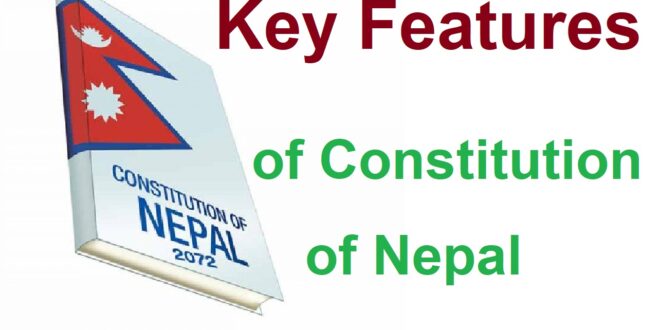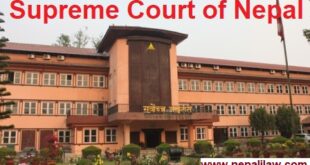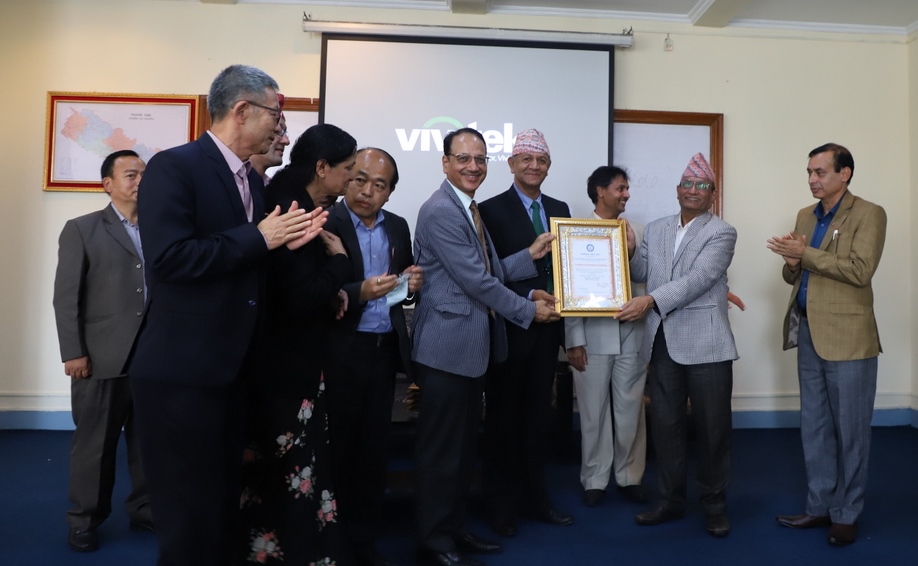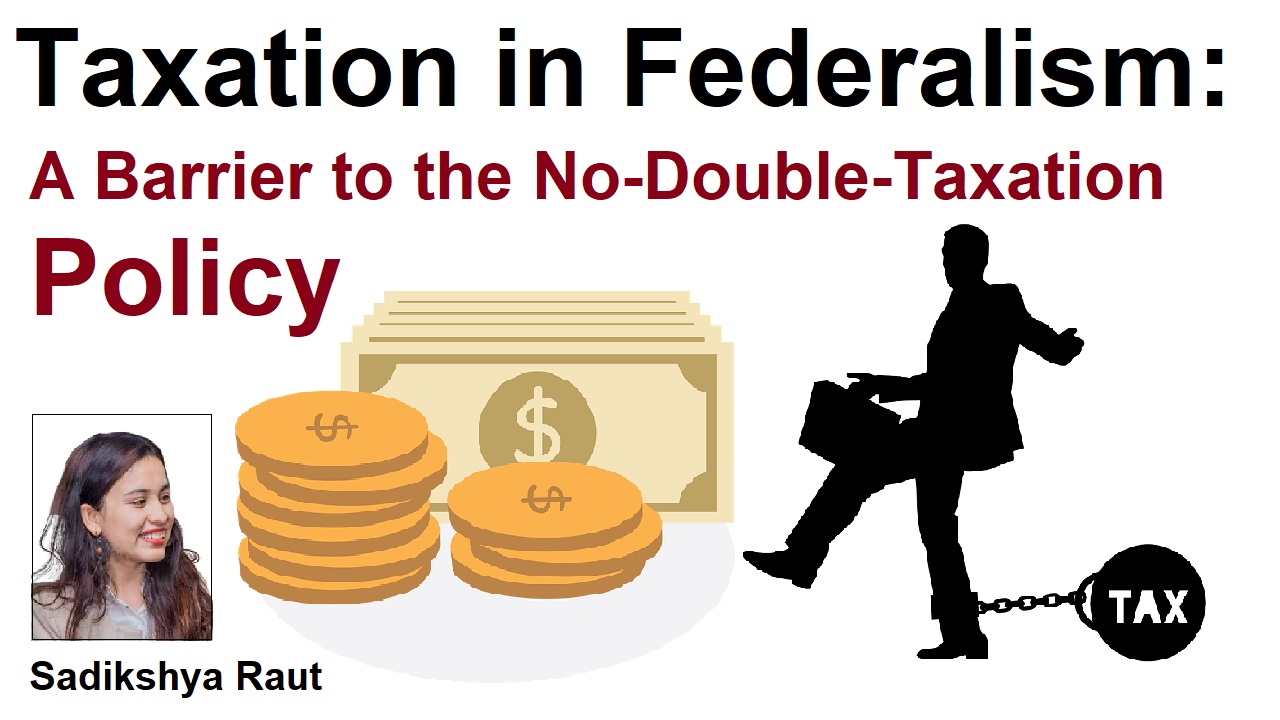Introduction
A constitution is the fundamental law of a nation, providing a framework for governance, defining the powers and responsibilities of the state, and protecting the rights and liberties of its citizens. Nepal, a beautiful country nestled in the Himalayas, adopted a new constitution on September 20, 2015. This historic moment marked the culmination of years of struggle and deliberation, shaping the future of the nation.
In this article, we will explore the basic features of the Constitution of Nepal, highlighting its key principles and provisions.
Sovereignty and Republicanism
The Constitution of Nepal affirms the sovereignty of the people. It declares Nepal as a federal democratic republican state, emphasizing the principles of inclusion, participation, and equality. This shift from a constitutional monarchy to a republic reflects Nepal’s commitment to democratic values and the empowerment of its citizens.
Federal Structure
The constitution establishes Nepal as a federal state, dividing power between the central government and seven provinces. The federal structure ensures decentralized governance, bringing decision-making closer to the people. It promotes regional autonomy, allowing provinces to exercise legislative, executive, and judicial powers within their jurisdiction.
Fundamental Rights
The Constitution of Nepal guarantees a comprehensive range of fundamental rights and freedoms to its citizens. These rights include the right to equality, freedom of speech and expression, freedom of assembly and association, right to information, right to education, right to practice one’s religion, and the right to a clean and healthy environment. The constitution also recognizes and protects the rights of women, children, indigenous peoples, and marginalized communities.
Social Justice and Inclusion
The Constitution of Nepal upholds the principles of social justice and inclusion. It acknowledges the diverse ethnic, cultural, and religious identities of the Nepali people and ensures their representation and participation in all spheres of society. The constitution enshrines proportional representation, affirmative action, and measures to address historical injustices, discrimination, and inequality.
Separation of Powers
To prevent the concentration of power, the constitution establishes a clear separation of powers among the three branches of government: the legislative, executive, and judiciary. This separation ensures checks and balances, safeguarding against abuse of power and promoting accountability. The legislative branch is vested in the Federal Parliament, the executive branch in the President and Council of Ministers, and the judiciary in an independent judiciary.
Independent Judiciary
The Constitution of Nepal guarantees the independence of the judiciary, recognizing it as a separate and autonomous organ of the state. The judiciary acts as a guardian of the constitution and protector of fundamental rights. It ensures the rule of law, resolves disputes, and safeguards the principles of justice, fairness, and equality.
Proportional Representation
Recognizing the diversity of Nepali society, the constitution incorporates the principle of proportional representation in various levels of governance. This ensures the participation and representation of marginalized groups, women, and ethnic minorities in the decision-making process. Proportional representation aims to create a more inclusive and representative democracy.
Multi-Party System
The Constitution of Nepal embraces a multi-party system, encouraging political pluralism and fostering a vibrant democratic culture. It recognizes the right of individuals and groups to form political parties and participate in political activities freely. The multi-party system promotes healthy competition, accountability, and the peaceful transfer of power.
Secular State
Nepal, historically known as a Hindu kingdom, adopted a secular state structure in its new constitution. The constitution guarantees freedom of religion and ensures that the state does not promote any particular religion. It respects the religious diversity of Nepal and protects the rights of individuals to practice their faith freely.
Amendment Process
The constitution outlines a well-defined process for its amendment. While the constitution is a stable and enduring document, it acknowledges the need for adaptation and change over time. Amendments can be made through a two-thirds majority in the Federal Parliament or through a popular referendum in certain circumstances. This provision ensures that the constitution remains a living document, responsive to the evolving needs and aspirations of the Nepali people.
Conclusion
The Constitution of Nepal represents a significant milestone in the country’s journey towards democracy, social justice, and inclusive governance. It reflects the aspirations of the Nepali people for a more equitable and prosperous future. By enshrining fundamental rights, federalism, separation of powers, and other key principles, the constitution provides a strong foundation for building a vibrant and inclusive society. As Nepal continues its path of progress and development, the constitution will play a crucial role in shaping its destiny and ensuring the well-being and happiness of its citizens.
 Nepali Law A complete legal information portal
Nepali Law A complete legal information portal





Can the parliament amend the Criminal Law in such a way that crimes can be forgiven on the ground of political dispute.
As per recent updates.